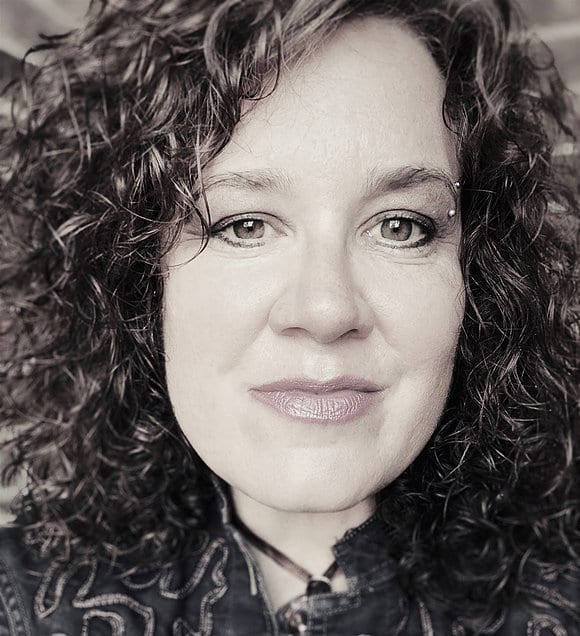I just had a conversation with my adult child about their experience at BYU. She was super vulnerable with me and told me that she felt guilty for years over things she wanted to repent about but was terrified that she would be turned into the honor code. I am feeling so helpless that I didn’t know she was struggling in this way. And it’s making me rethink why we connect academic consequences to those who want to repent or make spiritual changes while at college. I can’t imagine this is good for mental health. My daughter struggles with anxiety and depression and now I have to face that this possibly made things worse or was even the cause to begin with.
I couldn’t agree with you more. And I’m so sorry that your daughter went through this type of internal conflict that is unnecessary for us to impose on our young adults trying to balance educational goals along with spiritual development.
The Salt Lake Tribune recently published this article:
Former BYU athletes call for change in how the school enforces its HONOR CODE
/arc-anglerfish-arc2-prod-sltrib.s3.amazonaws.com/public/JEUY2XZTC5BUHD3YWBZ2O7OF6E.jpg)
Parents should speak up about this. Lots of kids delay healing rituals of repentance and don’t get help for issues related to mental health, sexual assault and other serious concerns due to fear of expulsion or other academic consequences.
Spiritual healing and mental health treatment should not be tied to academic consequences. I could not shout this louder from our rooftops.
Natasha Helfer Parker, LCMFT, CST can be reached at natashaparker.org and runs an online practice, Symmetry Solutions, which focuses on helping families and individuals with faith concerns, sexuality and mental health. She hosts the Mormon Mental Health and Mormon Sex Info Podcasts, is the past president of the Mormon Mental Health Association and runs a sex education program, Sex Talk with Natasha. She has over 20 years of experience working with primarily an LDS/Mormon clientele.












